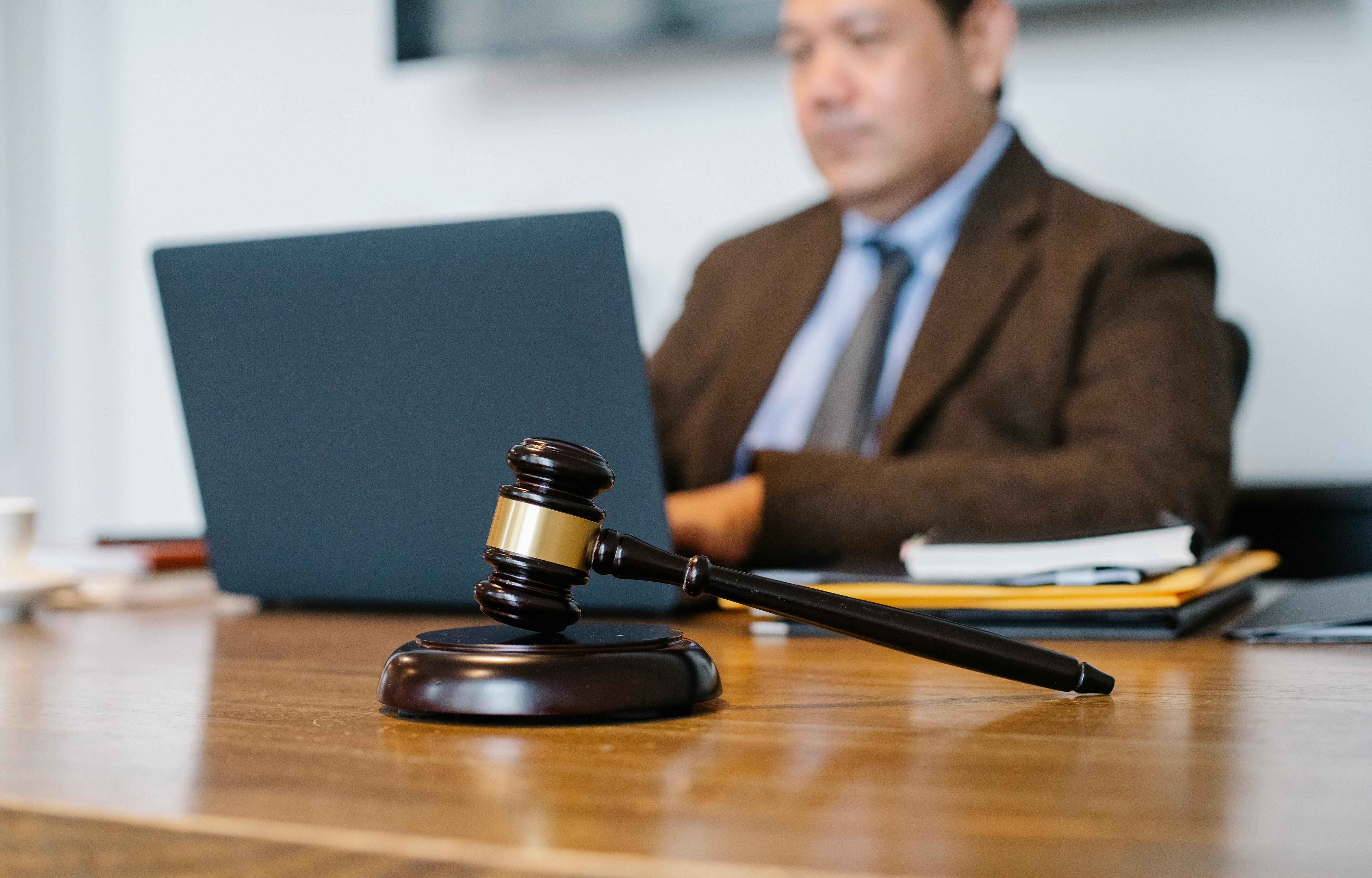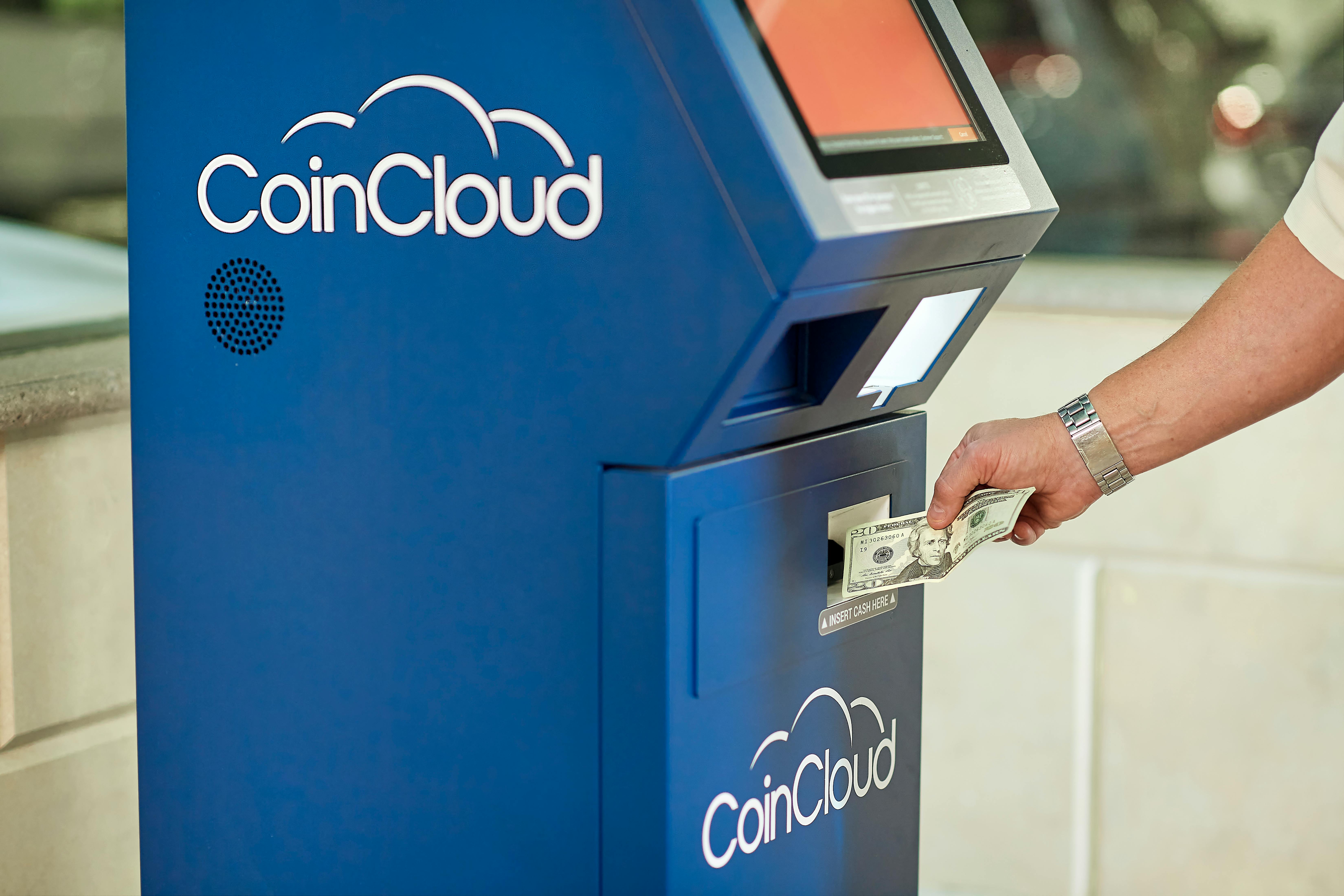Dylan O’Brien, the founder of BePrepared, joins the latest Today’s Wills and Probate podcast to discuss his take on the increasingly challenging issue of managing digital assets in estate planning, and what role technology has to play in supporting practitioners.
BePrepared was launched in Australia and has expanded into the USA and UK in the time since. Dylan explores the differences they have encountered in the various jurisdictions and the issues with platforms like Google and Apple when it comes to managing, and sharing, digital assets accrued through those platforms.
Dylan also discusses the challenges he sees in law firms adopting technology; from the impact of a global pandemic, to the constraints placed on practitioners around the need to billing time, not exploring innovation. But, he says, firms will be forced to adapt to new consumer expectations by their clients and those who don’t, will be left behind.
In terms of the future, Dylan is unequivocal that the future of wills and probate is digital; digital wills and digital estates. Can you collate and collect digital records in order to administer them effectively. E-signing and e-witnessing will take time so for the time being, the role of technology is to digitise what we can now, anticipating a fuller digital journey in the near future.
Transcript
(this transcript was generated by software, and may contain inconsistencies).
David: Hello, welcome to the latest Today’s Wills and Probate podcast. Today, I’m chatting with the founder and CEO of Be Prepared, Dylan O’Brien. Dylan’s going to explain a little bit more about who and what Be Prepared is, but it’s great to have you on the podcast, Dylan. Thanks very much for joining us.
Dylan: Thank you so much for having me, David.
David: Our topic today is technology and its challenges for lawyers, specifically the struggle in adopting new technologies. We’re chatting at a time when even legal services are almost taking a step backward, as evidenced by the decision not to continue with online will witnessing. I’m looking forward to discussing this, but first, could you please tell us a little bit about yourself and BePrepared?
Dylan: Absolutely. My name is Dylan O’Brien, and I founded BePrepared a number of years ago. Be Prepared gives estate planners and law firms an instant solution for handling their clients’ digital assets. Digital assets aren’t just limited to cryptocurrency and NFTs; they encompass everything from the PIN to your phone, your passwords, and email accounts. We provide firms with the ability to manage their clients’ digital assets as part of an estate plan, while also saving them hundreds of hours per year on emails, automating the client withdrawal process, and helping them stand out among their competitors.
David: That’s a very useful introduction. A question that often comes up, and hopefully, you get asked this frequently, is about the comparison between what you’re doing and digital storage solutions like Google Drive or Dropbox. It may seem similar to an outsider, but I assume there are key differences?
Dylan: Absolutely, and it’s a common question. Some firms coincidentally use our vault for storing property and conveyance documents, but there are two core differences between us and something like Google Drive. Firstly, Be Prepared is fundamentally a cybersecurity company. Platforms like Google Drive or Dropbox are designed for sharing information, making it accessible anywhere and with anyone. In contrast, Be Prepared is designed to keep your highly sensitive information secure and inaccessible until after you pass away.
Secondly, Google Drive recently updated its terms and conditions to delete data after two years of inactivity. So, if you lose capacity and can’t access your Google Drive, by the time your attorneys or executors want to access that information, it could already be deleted. With Be Prepared, when you pass away, your executors receive a list of your digital assets and access to your accounts, phone, and computer, helping to administer your estate more efficiently.
David: In England and Wales, the Law Commission is currently exploring what constitutes digital assets and how they can be transmitted through end-of-life planning. I mentioned that our listeners might notice you’re not from these shores—you’re Australian. Is the Australian market ahead in terms of understanding and transmitting digital assets?
Dylan: Not at all. This is a global issue. While organizations like STEP push for solutions, technology companies lack the motivation to provide them. They’re focused on growth and privacy rather than what happens after someone passes away. In cases like Google Drive’s Inactive Account Manager or iCloud’s Legacy Contact, these platforms offer some access, but not to everything.
This creates a tug of war between tech companies prioritizing security and families struggling to resolve estates. Australia isn’t ahead of the UK in this regard—if anything, the UK is ahead because of the larger population and greater competition pushing firms to innovate.
David: Before we started recording, we were discussing the challenges firms face in adopting technology—identifying the right tech and implementing it effectively. We touched on the notion that lawyers might be “time-poor” and focused on their billable hours, making them resistant to adopting new solutions. Is that something you recognize?
Dylan: Absolutely. To understand the struggle, it’s important to look at the broader picture. The COVID-19 pandemic forced everyone to work remotely, creating a global shift in technology adoption. Lawyers, who may have preferred traditional methods, were pushed into adapting or losing income.
Coming out of the pandemic, the workplace and communication methods had fundamentally changed. Lawyers working in firms with an hourly billing model often have very little time—sometimes just 15 minutes a day—to focus on non-billable tasks. When efficiency means reducing billable hours, there’s little incentive to improve processes.
However, the firms that have moved away from hourly billing are adopting tech more quickly because they need to be more efficient. The pandemic was the first time many firms were forced to adapt, and those that did had an easier transition. The firms that didn’t invest in cloud-based systems struggled, and this highlighted the importance of having efficient, digital processes.
David: I completely agree. Even with something as simple as email, during the pandemic, there was an expectation of quick responses. Now, if we don’t reply within 12 or 24 hours, it’s considered a delay. Have you noticed firms adopting tech more quickly in response to this shift?
Dylan: Definitely. Post-COVID, clients expect quicker communication and access to services. While the legal industry had been slow to adapt, other industries continued advancing. Now, law firms are facing client expectations shaped by those industries.
Clients want secure, easy access to their documents without having to sift through multiple emails. They want to be able to communicate online and engage with their legal matters at their convenience. Be Prepared offers a central, secure repository for all of a client’s key information and legal documents, allowing firms to provide a modern service that aligns with client expectations.
David: Your analogy with Amazon resonates well. Clients often wonder, “If I can do this on Amazon, why can’t I do it with my law firm?” Looking ahead, what do you think the future of estate administration looks like with technology evolving?
Dylan: The future is undoubtedly digital. Everything is moving online, from property documents to driver’s licenses. Estate administration will follow this trend, and the challenge is collecting and collating digital records to administer them effectively.
The laws were written long before digital technology was even conceivable. Reform is necessary, and organizations like STEP are pushing for it. The goal in the meantime should be making the process easier for families and lawyers, ensuring they can access critical digital assets when needed.
David: There’s often a legitimate concern about verifying authenticity and capacity, especially with digital tools. Is that something Be Prepared addresses specifically?
Dylan: Absolutely. Our platform is built to military-grade specifications to ensure security. Verification and authentication are crucial, which is why we work through law firms rather than selling directly to the public. This way, law firms can verify identities and generate encryption keys, adding an extra layer of integrity to the data.
David: It’s clear that challenges surrounding digital assets are cross-jurisdictional, affecting not just the UK, but Australia, the US, and beyond. Firms need to get to grips with this issue to provide the right advice. Dylan, it’s been great having you on the podcast. Thanks so much for sharing your insights.
Dylan: Thank you so much for having me, David.
David: The Today’s Wills and Probate podcast is available on your preferred podcast provider and at todayswillsandprobate.co.uk. My thanks to Dylan, and thank you as always for listening. We’ll see you again soon.




















